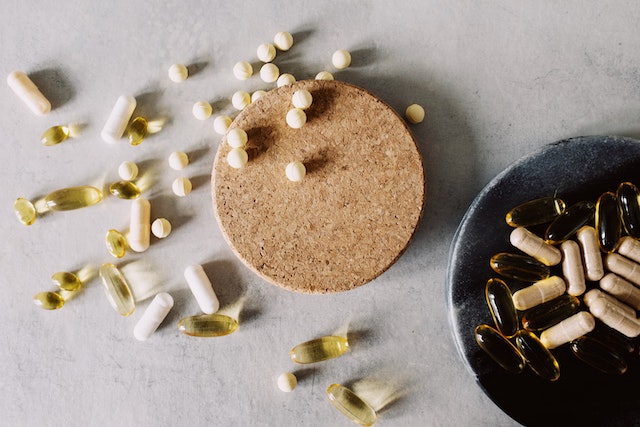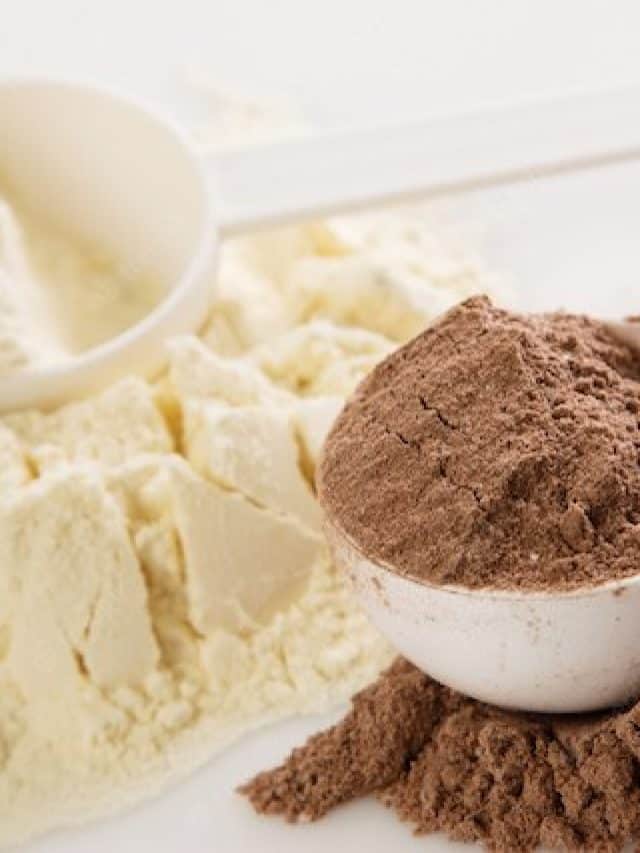Probiotics are a type of living microorganisms that can provide numerous benefits to the human body when consumed in adequate amounts. They can be found in certain foods or added as supplements to the diet, and are known to improve digestion, boost the immune system, and enhance mental and physical health.
In this article, we’ll explore the many benefits of probiotics in greater detail, including how they work, the different types of probiotics available, and how to incorporate them into your daily routine.
What are Probiotics?
Probiotics are living microorganisms that are beneficial to the body when consumed in adequate amounts. They are naturally found in certain fermented foods such as yoghurt, kefir, sauerkraut, kimchi, and miso, as well as in dietary supplements.
Probiotics work by balancing the gut microbiome, which is the community of microorganisms that reside in the digestive system. This community plays a crucial role in maintaining overall health by aiding digestion, boosting the immune system, and preventing the growth of harmful bacteria.
There are many different types of probiotics available, each with its own unique benefits. Some of the most common types of probiotics include Lactobacillus, Bifidobacterium, and Saccharomyces boulardii.
The Benefits of Probiotics
1. Improving Digestive Health
Probiotics are known to improve digestive health by promoting the growth of beneficial bacteria in the gut microbiome. They can help prevent and treat digestive problems such as diarrhoea, irritable bowel syndrome (IBS), inflammatory bowel disease (IBD), and other gastrointestinal disorders.
Studies have shown that probiotics can help relieve constipation by increasing stool frequency and softening stool consistency. Additionally, they may be helpful in reducing symptoms of lactose intolerance, such as bloating and abdominal pain.
Probiotics can also help prevent and treat diarrhoea by reducing the duration and severity of infectious diarrhoea. They are particularly effective in treating antibiotic-associated diarrhoea, which occurs when antibiotics disrupt the natural balance of bacteria in the gut.
2. Boosting the Immune System
Probiotics have been found to boost the immune system by stimulating the production of immune cells in the body. This can help prevent the growth of harmful bacteria and viruses, and reduce the risk of infections.
In particular, probiotics have been found to be effective in reducing the incidence and severity of respiratory infections, such as the common cold and influenza. They may also be helpful in reducing the risk of urinary tract infections and vaginal infections.
3. Enhancing Mental Health
Recent research has shown that probiotics can have a positive impact on mental health by reducing symptoms of anxiety and depression. Studies have found that probiotics can improve mood and reduce stress levels, particularly in individuals with high levels of stress.
Probiotics have also been found to improve cognitive function and memory, particularly in older adults. Some research has even suggested that probiotics may be helpful in treating certain psychiatric disorders, such as schizophrenia.
4. Managing Weight
Probiotics may be helpful in managing weight by reducing the absorption of fat in the gut and increasing the feeling of fullness. They can also improve insulin sensitivity, which can help regulate blood sugar levels and prevent diabetes.
In particular, studies have found that the probiotic strain Lactobacillus gasseri can be effective in reducing belly fat and body weight. This strain is commonly found in fermented foods such as kimchi and sauerkraut.
5. Improving Skin Health
Probiotics can help improve skin health by reducing inflammation and promoting the production of ceramides, which help maintain the skin’s barrier function. They may also be helpful in treating acne, eczema, and other skin conditions.
Studies have found that the probiotic strain L.rhamnosus can be effective in reducing acne and improving skin hydration. This strain is commonly found in fermented foods such as yoghurt and kefir.
6. Reducing Allergy Symptoms
Probiotics may be helpful in reducing allergy symptoms by modulating the immune response and reducing inflammation in the body. They have been found to be particularly effective in reducing symptoms of eczema and allergic rhinitis.
Studies have found that the probiotic strain Lactobacillus rhamnosus can be effective in reducing symptoms of eczema in children. Additionally, a combination of Lactobacillus acidophilus and Bifidobacterium lactis has been found to be effective in reducing symptoms of allergic rhinitis in adults.
7. Supporting Heart Health
Probiotics may be helpful in supporting heart health by reducing cholesterol levels and blood pressure. They can also improve endothelial function, which is the ability of the blood vessels to dilate and constrict.
In particular, the probiotic strain Lactobacillus reuteri has been found to be effective in reducing cholesterol levels and improving endothelial function. This strain is commonly found in fermented foods such as kefir and yoghurt.
How to Incorporate Probiotics into Your Diet
Probiotics can be found in many different foods and supplements. Here are some tips on how to incorporate probiotics into your diet:
- Eat fermented foods: Foods such as yoghurt, kefir, sauerkraut, kimchi, and miso are all rich in probiotics.
- Take a probiotic supplement: Probiotic supplements are available in capsule, tablet, and powder form. It’s important to choose a high-quality supplement that contains a variety of probiotic strains.
- Eat prebiotic foods: Prebiotics are a type of fibre that feed the beneficial bacteria in the gut. Foods such as bananas, onions, garlic, and asparagus are all rich in prebiotics.
- Avoid unnecessary antibiotics: Antibiotics can disrupt the natural balance of bacteria in the gut, so it’s important to avoid unnecessary use of antibiotics.
- Manage stress: Stress can disrupt the gut microbiome, so it’s important to manage stress through practices such as meditation, yoga, and deep breathing exercises.
Conclusion
Probiotics are a type of living microorganisms that can provide numerous benefits to the human body. They work by balancing the gut microbiome, which plays a crucial role in maintaining overall health.
Probiotics have been found to improve digestive health, boost the immune system, enhance mental and physical health, manage weight, improve skin health, reduce allergy symptoms, and support heart health. They can be found in many different foods and supplements, and can be easily incorporated into a healthy diet.
If you’re looking to improve your overall health and well-being, consider adding probiotics to your daily routine. As always, it’s important to consult with your healthcare provider before making any significant changes to your diet or lifestyle.











